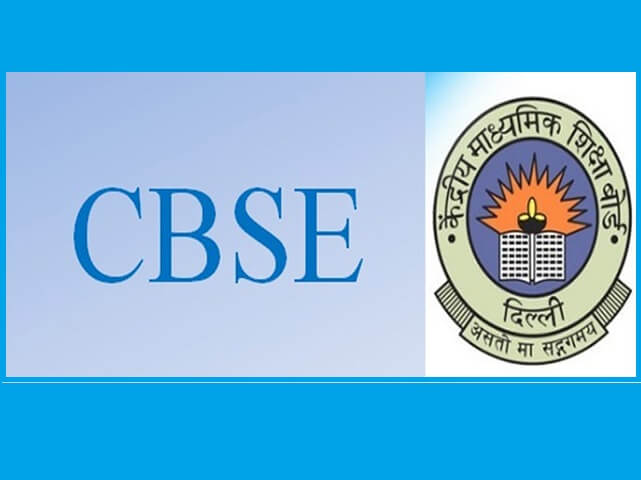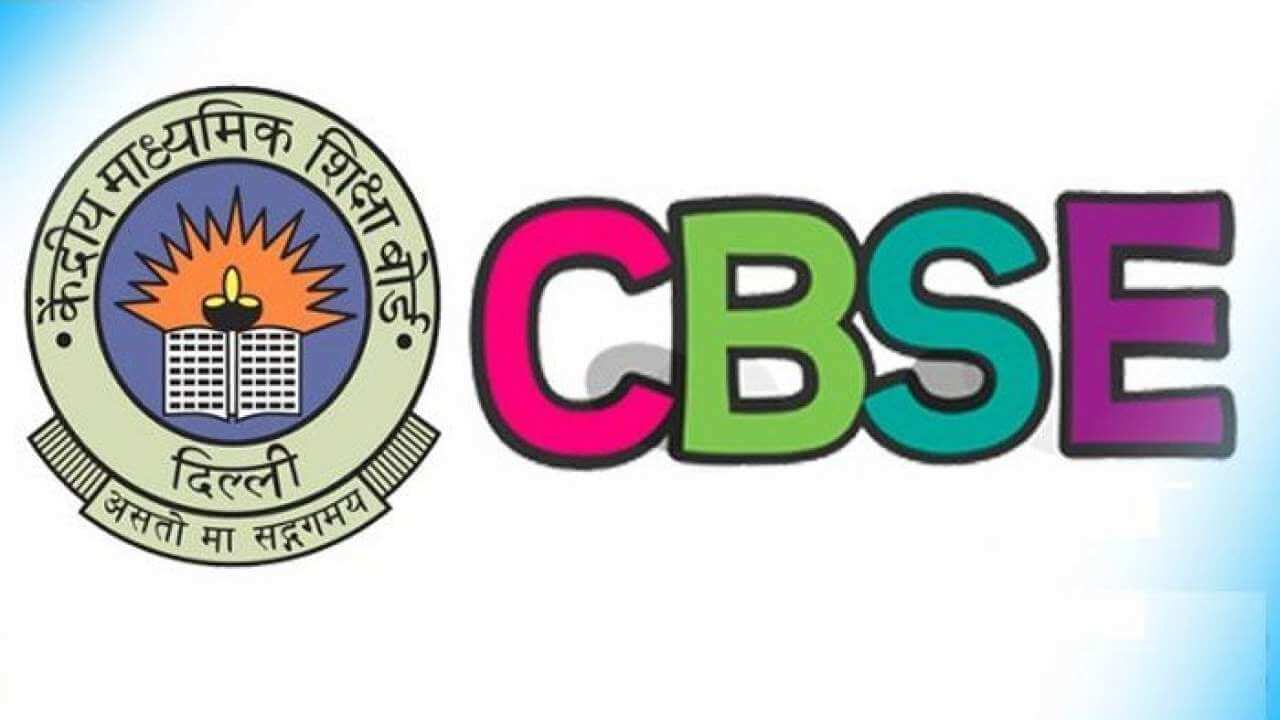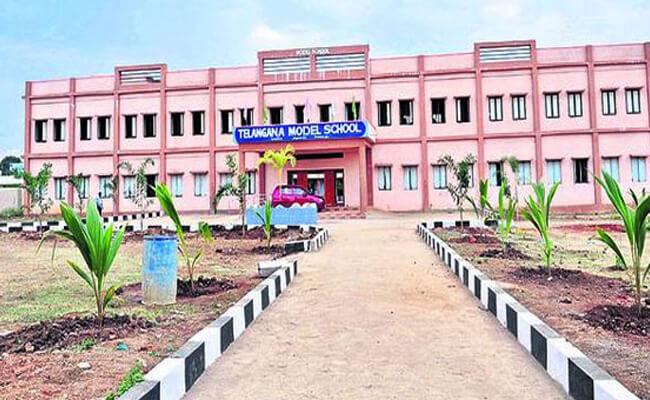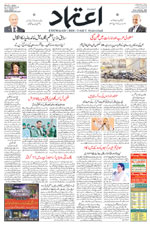Scholarships helped displaced Afghan students find homes on university campuses across the US
Tue 25 Jul 2023, 23:07:57

As the Taliban swept back into power in Afghanistan in the summer of 2021, Fahima Sultani and her fellow university students tried for days to get into the Kabul airport, only to be turned away by gun-wielding extremists.
“No education, just go back home,” she recalled one shouting.
Nearly two years later, Sultani, now 21, is safely in the US and working toward her bachelor's degree in data science at Arizona State University in Tempe on a scholarship. When she's not studying, she likes to hike up nearby Tempe Butte, the kind of outing she enjoyed in her mountainous homeland.
Seeing students like Sultani rush to leave in August 2021 as the US withdrew from Afghanistan after 20 years, colleges, universities and other groups across the US started piecing together the funding for hundreds of scholarships so they could continue their education outside of their home country.
Women of Sultani's generation, born around the time the US ousted the Taliban after the 9/11 attacks in 2001, grew up attending school and watching as women pursued careers. The Taliban's return upended those freedoms.
“Within minutes of the collapse of
the government in Kabul, US universities said, We'll take one;' We'll take three;' We'll take a professor;' We'll take a student,'” said Allan Goodman, CEO of the Institute of International Education, a global not-for-profit that helps fund such scholarships.
the government in Kabul, US universities said, We'll take one;' We'll take three;' We'll take a professor;' We'll take a student,'” said Allan Goodman, CEO of the Institute of International Education, a global not-for-profit that helps fund such scholarships.
The fears leading the students to quickly board flights were soon justified as the Taliban ushered in a harsh Islamic rule: Girls cannot attend school beyond the sixth grade and women, once again required to wear burqas, have been banned from universities, parks and gyms and are restricted from most employment.
Sultani is one of more than 60 Afghan women who arrived at ASU by December 2021 after fleeing Afghanistan, where she'd been studying online through Asian University for Women in Bangladesh during the pandemic.
“These women came out of a crisis, a traumatic experience, boarded a plane not knowing where they were going, ended up in the US,” said Susan Edgington, executive director and head of operations of ASU's Global Academic Initiatives.
After making their way to universities and colleges across the US over the last two years, many are nearing graduation and planning their futures.
No Comments For This Post, Be first to write a Comment.
Most viewed from Edu and Jobs
AIMIM News
Latest Urdu News
Most Viewed
May 26, 2020
Can Lionel Messi's visit boost Indian football?
Latest Videos View All
Like Us
Home
About Us
Advertise With Us
All Polls
Epaper Archives
Privacy Policy
Contact Us
Download Etemaad App
© 2025 Etemaad Daily News, All Rights Reserved.

























.jpg)
.jpg)
.jpg)


